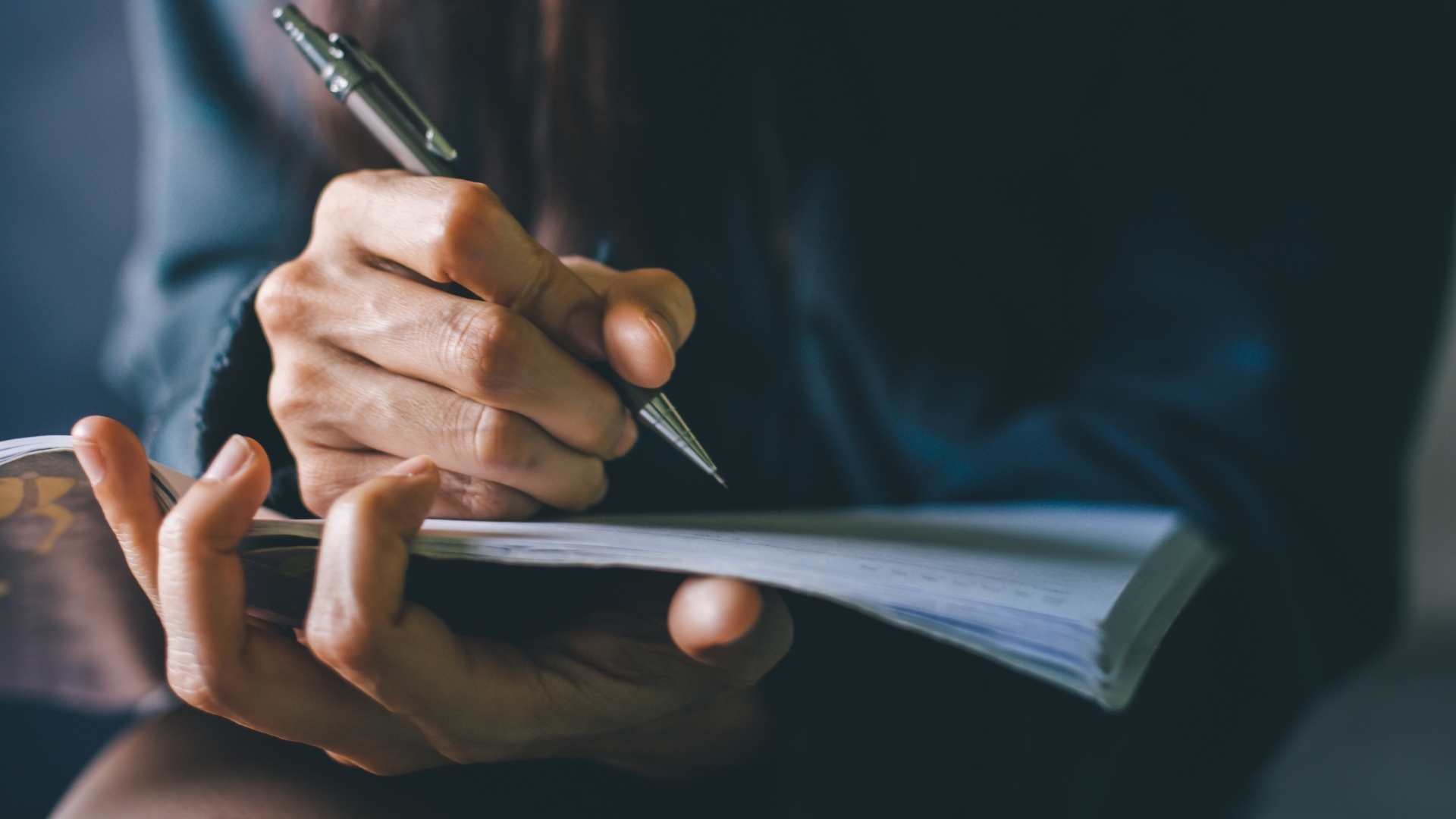You are viewing your 1 free article this month. Login to read more articles.
Copyright Licensing Agency rolls out list of AI principles
The Copyright Licensing Agency (CLA) has developed a set of principles aimed at helping to ensure that generative AI is developed safely, ethically and legally.
The guidance states that “if generative AI systems are to thrive and deliver trusted quality outcomes which in turn will lead to greater adoption and use of such systems” – supporting not just the UK’s economy, but its aspiration to be a global leader in AI – then it is “imperative” that any Code of Practice on Copyright and AI should be founded on the principles it has laid out.
These are: compliance with copyright law, creator choice, fair remuneration and compensation, transparency, attribution and authenticity.
Under the first, copyright law, the guidance states: “The UK’s ‘gold-standard’ copyright framework must be respected and adhered to by generative AI systems which use rights holders". It added: "Generative AI providers must have appropriate licences in place to govern the use of copyright-protected content in the training of their systems.”
Secondly, it must be simple for rights holders to communicate whether they want their works to be used for training generative AI before ingestion and training takes place, and rights holders’ decisions must be respected, and thirdly, under the tagline “fair remuneration and compensation", it states that “if rights holders choose to allow their works to be used to train generative AI, they must be remunerated fairly – and this extends to compensation for any retrospective, unauthorised use".
Moreover: “The authors, artists and publishers that CLA represents rely on the revenue generated from licensing of their copyright not only to make a living but also to support the investment of time and resources needed to create new works.”
Under "transparency", the CLA states that as a minimum requirement, AI firms “must be transparent about which copyright works have been ingested and used to train Large Language Models (LLMs) – including those LLMs currently in use". It says that accessible information on the copyright works ingested and used in training will help to ensure that rights holders receive fair compensation, will help to mitigate risk of bias within machine learning systems, and will help users to make informed decisions about the trustworthiness and ethics of generative AI systems.
“The ability to scrutinise the use of copyright works is not only for the benefit of rights holders but also for the users of generative AI,” it states. Attribution and authenticity are the final principles. Under "attribution" the CLA states: “It must be clear whether a work has been created by a human, by generative AI, or is a hybrid creation. Rightsholders’ works must be accurately attributed when included in generative AI outputs.”
Under "authenticity": “It must be clear to an individual what outputs from generative AI are authentic and which are not. Any manipulation and / or use of copyright-protected works by generative AI systems should not undermine the integrity, accuracy or original meaning of the original works.”
The organisation states: “We will continue to review our principles as the technological landscape evolves. We look forward to continuing to work with the UK government to support positive legal and regulatory developments in this area to ensure the fair treatment of creators and rights holders.” The SoA has also in recent months issued AI guidance, touching on similar principles and issues such as copyright.
Author and tech philosopher, Tom Chatfield, was recently appointed the CLA’s new co-chair representing creators. He has been a director of the CLA board for the last five years. The organisation says: "Tom’s experience as an author, tech philosopher and leading voice on copyright and generative AI, will ensure he continues to add significant value to CLA in his new role as co-chair." He will serve as co-chair along with Rosie Glazebrook, who will be representing publishers. Chatfield was also recently announced as chair of the Authors’ Licensing and Collecting Society (ALCS).



















